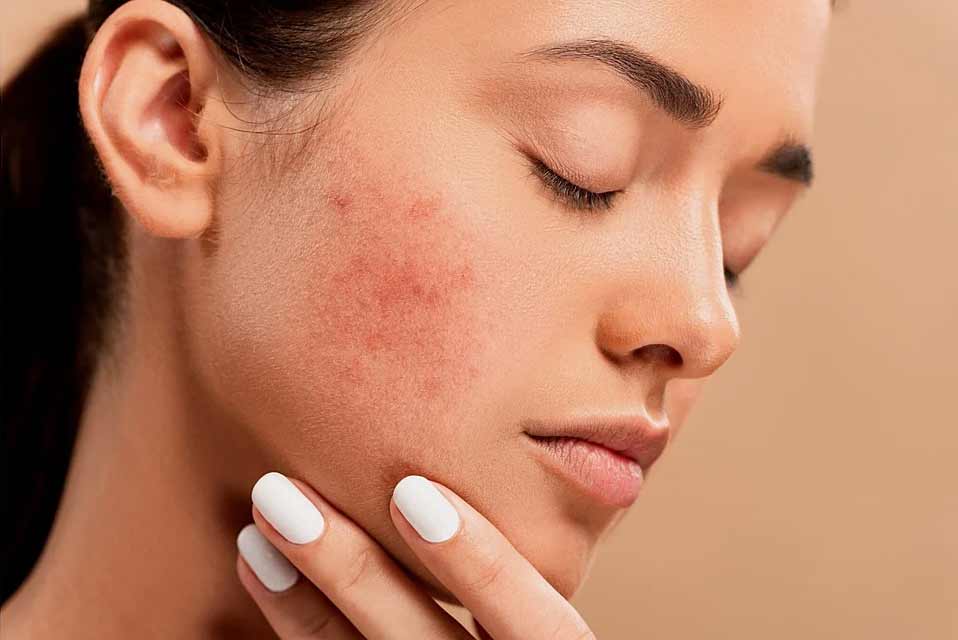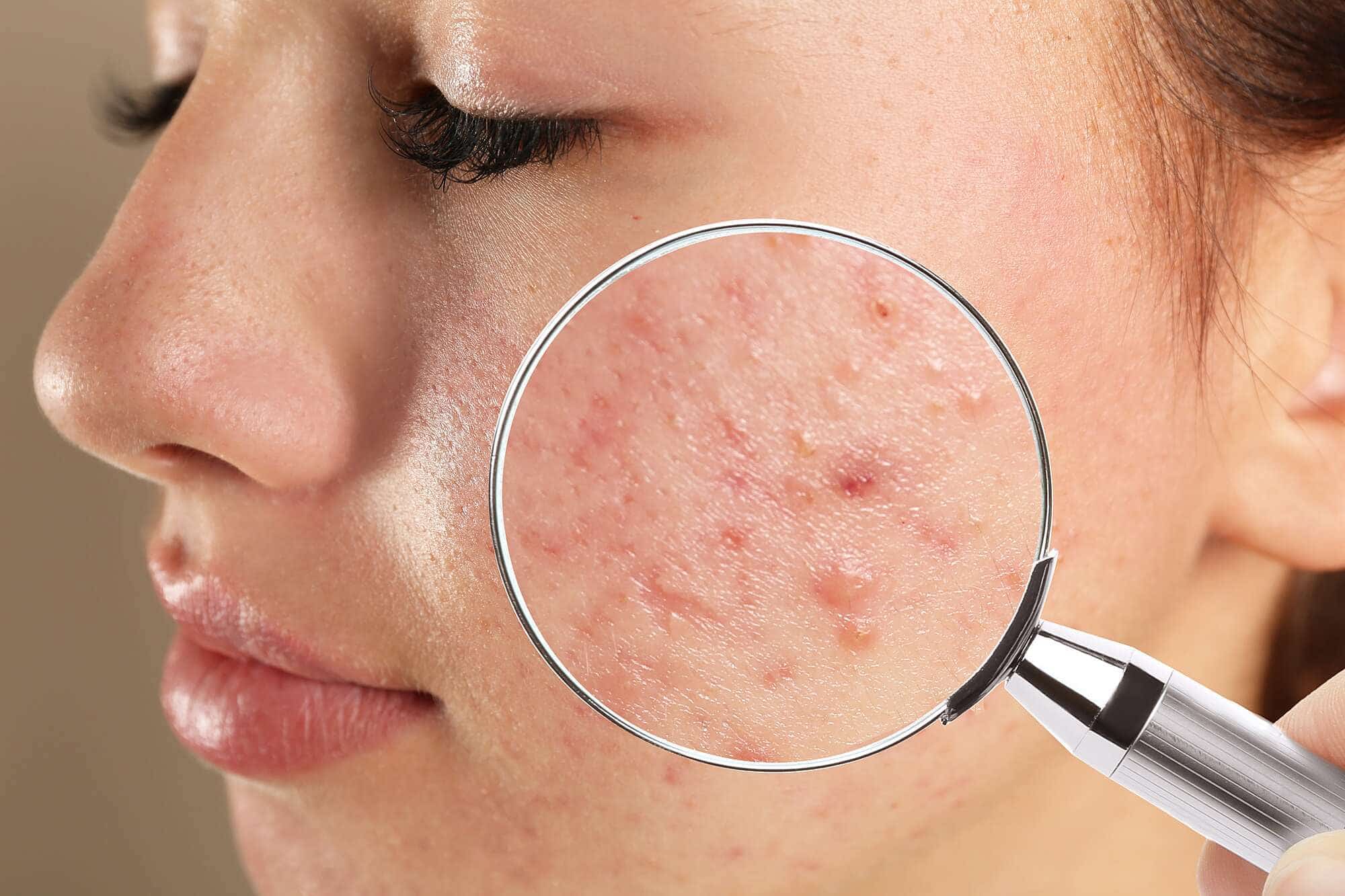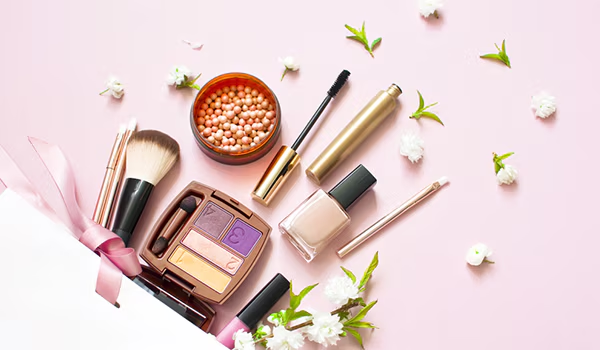Acne is a common skin condition that affects millions of people worldwide. It can be frustrating, especially when breakouts occur regularly. The good news is that there are many ways to prevent and treat acne with simple skincare habits. Whether you deal with occasional pimples or frequent breakouts, understanding how to care for your skin can make a big difference. In this article, we will explore the best ways to prevent and treat acne, helping you maintain clear and healthy skin.
1. Cleanse Your Face Daily to Prevent Acne
One of the most important steps in preventing acne is cleansing your face daily. Washing your face removes dirt, oil, and impurities that can clog your pores and cause breakouts. It’s best to cleanse your face twice a day—once in the morning and once at night.
Choose a gentle cleanser that is free of harsh chemicals. Avoid scrubbing your skin too hard, as this can irritate it and make acne worse. For those with acne-prone skin, a cleanser with salicylic acid or benzoyl peroxide can help prevent acne by unclogging pores and reducing inflammation.
By cleansing regularly, you keep your skin clean and reduce the chances of developing acne.
2. Exfoliate Weekly to Prevent Acne Breakouts
Exfoliating helps remove dead skin cells that can clog pores and lead to acne. However, it’s important not to overdo it, as harsh exfoliation can irritate your skin and cause more breakouts. Aim to exfoliate once or twice a week using a gentle scrub or a product with chemical exfoliants like alpha hydroxy acids (AHAs).
For acne-prone skin, look for exfoliants that contain ingredients like glycolic acid or salicylic acid. These help to clear out pores and reduce the buildup of oil and dead skin cells that can cause acne.
Exfoliating regularly helps prevent acne by keeping your pores clear and your skin smooth.
3. Moisturize Daily to Treat Acne Skin

Many people with acne-prone skin skip moisturizing, thinking it will make their skin oily. However, this can actually cause your skin to produce more oil, leading to more breakouts. The key is to choose the right moisturizer.
For acne-prone skin, look for oil-free or non-comedogenic moisturizers. These products won’t clog your pores or add excess oil to your skin. A lightweight, water-based moisturizer is a great option. Keeping your skin hydrated helps balance oil production and prevents it from becoming too dry or irritated.
Moisturizing daily is essential for maintaining healthy skin and preventing acne.
4. Avoid Touching Your Face to Prevent Acne
Touching your face often can transfer bacteria, dirt, and oil from your hands to your skin, which can lead to acne. It’s important to avoid touching your face throughout the day. This includes picking at pimples, as it can make acne worse and even cause scarring.
If you need to touch your face, make sure your hands are clean. Changing your pillowcases and towels regularly also helps prevent acne, as they can accumulate oil and bacteria over time.
By keeping your hands away from your face, you reduce the risk of spreading bacteria and developing acne.
5. Watch Your Diet to Prevent and Treat Acne

Your diet can also play a role in causing or preventing acne. Foods high in sugar, dairy, and processed ingredients may contribute to breakouts. On the other hand, a balanced diet rich in fruits, vegetables, and whole grains can help keep your skin clear.
Drinking plenty of water is also essential for acne prevention. Staying hydrated helps flush out toxins from your body and keeps your skin healthy. Some studies suggest that foods rich in omega-3 fatty acids, like fish and nuts, may reduce inflammation and prevent acne.
By making healthy food choices, you can improve your skin’s condition and prevent acne.
6. Use Treat Acne Products Wisely
If you already have acne, using the right treatment products can help clear your skin. Over-the-counter acne treatments often contain ingredients like benzoyl peroxide, salicylic acid, or sulfur. These ingredients help reduce inflammation, kill bacteria, and prevent new pimples from forming.
When using acne treatments, be consistent but not excessive. Applying too much product can irritate your skin. Follow the instructions carefully, and if over-the-counter treatments don’t work, consider visiting a dermatologist for stronger prescription options.
Using acne treatment products correctly can help you manage breakouts and prevent future acne.
7. Manage Stress to Prevent Acne Breakouts
Stress can trigger acne by increasing the production of hormones that cause your skin to produce more oil. Finding ways to manage stress is important for both your overall well-being and your skin’s health.
Practicing relaxation techniques like meditation, deep breathing, or yoga can help reduce stress levels. Regular exercise is another great way to manage stress, and it also improves blood circulation, which is beneficial for your skin.
By reducing stress, you can help prevent acne and keep your skin clear.
Conclusion
To Prevent and treat acne is all about adopting healthy skincare habits and making smart choices. Cleansing, exfoliating, moisturizing, and using acne treatments are all important steps in maintaining clear skin. Additionally, avoiding face touching, eating a balanced diet, and managing stress will help prevent acne from developing.
With consistent care, you can reduce acne breakouts and enjoy clearer, healthier skin. Remember, if acne persists or becomes severe, consult a dermatologist for personalized advice and treatment options.



